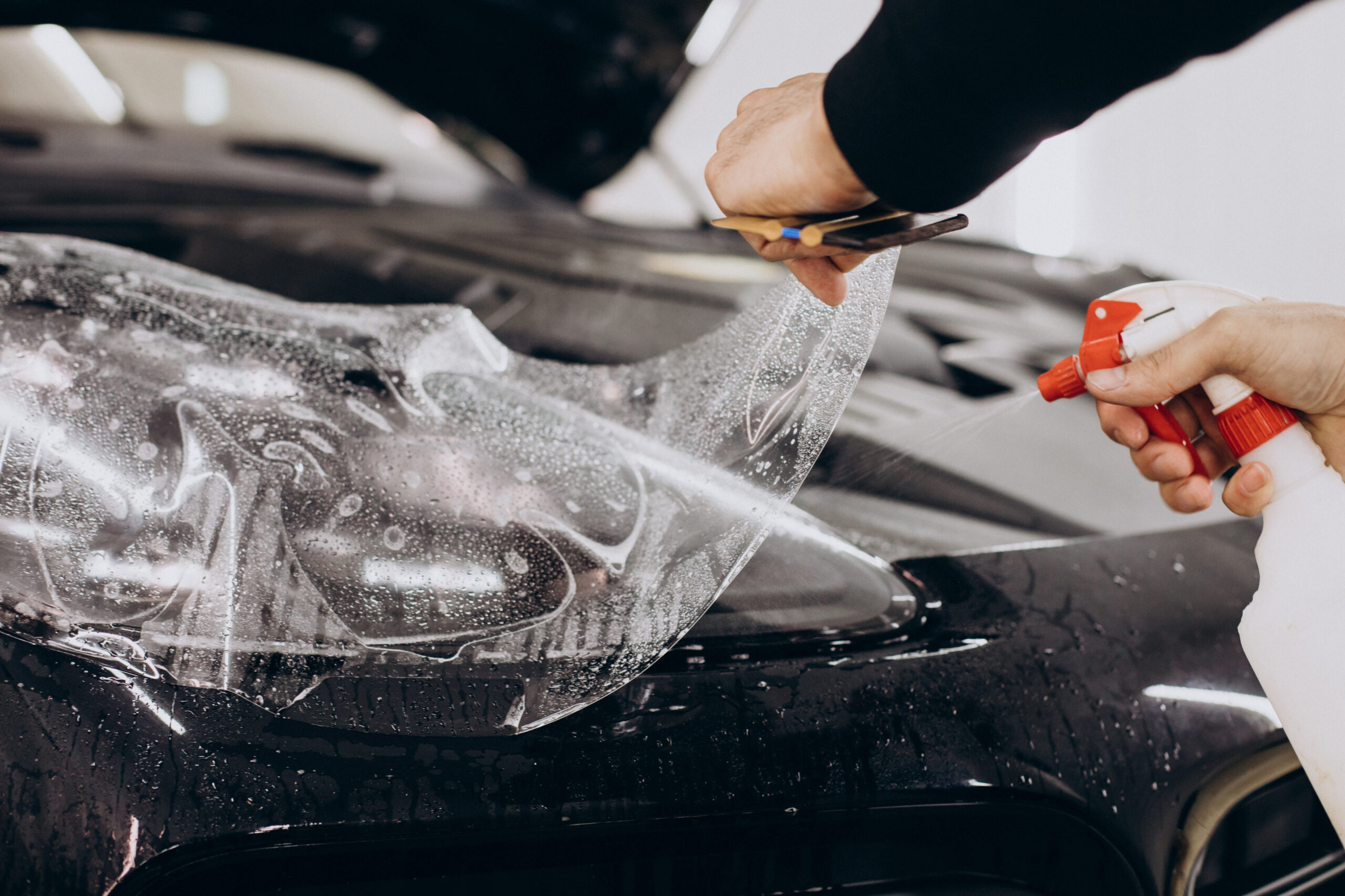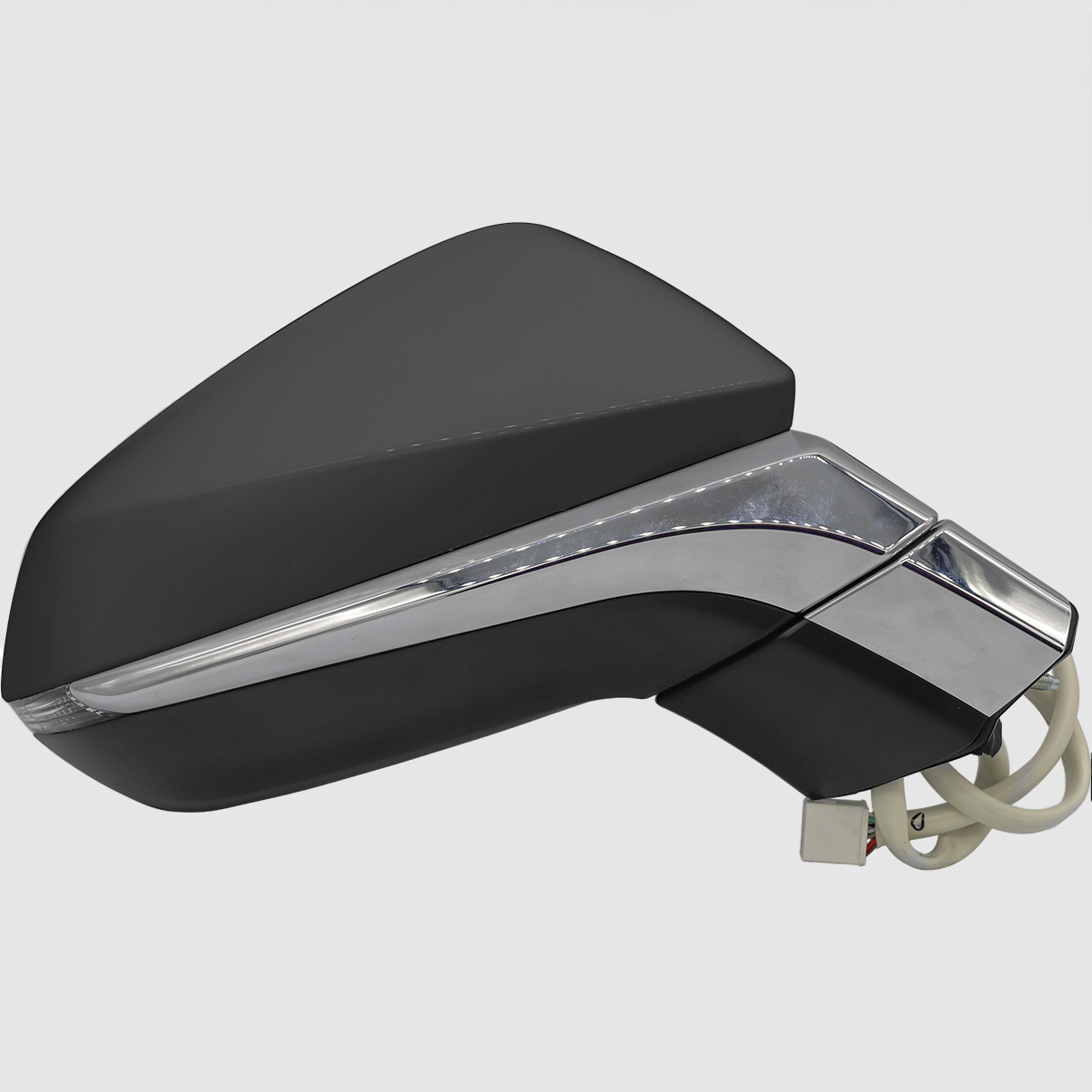Few Documents You Need for Smooth Pre Owned Car Loan Process
 pre owned car loan
pre owned car loan
Buying a pre-owned car is an increasingly popular choice for Indian consumers. It’s cost-effective, offers good value, and allows buyers to own higher-end models at lower prices. But for many, purchasing a used car outright is not financially feasible. That’s where a pre owned car loan comes into play.
Whether you’re a salaried individual or a self-employed professional, getting a loan for a used car is easier than ever. However, to ensure the loan process is smooth and quick, having the right set of documents is critical. Incomplete paperwork often leads to delays, rejections, or additional scrutiny from lenders.
In this detailed guide, we’ll walk you through the essential documents required for a pre owned car loan and how using tools like a car top up loan calculator can further streamline your financial planning.
Why Opt for a Pre-Owned Car Loan?
A pre owned car loan helps you purchase a used vehicle without draining your savings. Most banks and NBFCs in India offer competitive interest rates and flexible EMIs, making it easier for people across income brackets to own a car.
Key Advantages:
- Lower EMIs compared to new car loans
- Financing available up to 90% of the car’s value
- Flexible tenure (12 to 60 months)
- Quick disbursal and minimal paperwork
But before you rush to apply, let’s understand the documentation you’ll need.
Documents Required for a Pre-Owned Car Loan
Lenders categorize borrowers primarily into two types: salaried individuals and self-employed professionals. Let’s look at the required documents for both.
1. KYC Documents (Know Your Customer)
These are mandatory for all applicants.
For All Applicants:
- PAN Card (mandatory for all financial transactions)
- Aadhaar Card / Voter ID / Passport / Driving License (as proof of identity and address)
Tip: Make sure your address on all ID proofs matches your current residence, or submit a utility bill or rent agreement as address proof.
2. Income Proof
Lenders assess your repayment capacity through income documents.
For Salaried Individuals:
- Last 3–6 months’ salary slips
- Latest Form 16 or Income Tax Returns (ITR)
- Bank statements for the last 6 months (salary account)
For Self-Employed Professionals:
- Last 2 years’ ITR with computation of income
- Business registration documents
- Profit & Loss Statement and Balance Sheet (audited if possible)
- Current account bank statements (last 6 months)
Note: A higher and stable income increases your loan approval chances and may get you better interest rates.
3. Employment/Business Proof
This assures the lender that you have a stable source of income.
Examples include:
- Company ID card
- Appointment letter
- GST registration certificate (for business owners)
- Trade license or Shop & Establishment Certificate
4. Vehicle-Related Documents
Once the car is selected, the seller (individual or dealer) must provide:
- RC (Registration Certificate) of the vehicle
- Insurance copy
- Road Tax Receipt
- Pollution Under Control (PUC) certificate
- Vehicle valuation certificate (in case required by the lender)
Pro Tip: Ensure the car has no pending loans, traffic fines, or legal issues before initiating the loan process.
5. Photographs and Application Form
- Recent passport-size photographs (usually 2–3)
- Duly filled loan application form with signature
Additional Documents (If Applicable)
Depending on the lender and your profile, you may be asked for:
- NOC from existing lender (if it’s a refinanced car)
- Co-applicant documents (if applying jointly)
- Proof of down payment (bank transaction receipt)
- Lease agreement (if you live in a rented house)
What Is a Car Top-Up Loan Calculator?
A car top up loan calculator is an online tool that helps you estimate the EMI, interest rate, and repayment schedule when applying for additional funds over your existing car loan.
Why Use It?
- Plan your EMI in advance
- Compare multiple tenure options
- Understand interest burden over time
- Avoid financial stress by selecting affordable repayment terms
Example: If your existing car loan has an outstanding balance of ₹2 lakhs and your car’s market value is ₹4 lakhs, you might be eligible for a top-up of ₹1–1.5 lakhs. Use the calculator to see how much extra EMI you’ll pay and plan accordingly.
Tips to Ensure Smooth Loan Approval
Even with all documents, some borrowers face delays or rejections. Here’s how to avoid that:
Maintain a Good Credit Score
Aim for a score above 700. This improves approval chances and helps you negotiate better interest rates.
Choose the Right Lender
Compare lenders for interest rates, tenure flexibility, processing fees, and prepayment terms.
Opt for Pre-Approved Loans (If Available)
If your bank offers you a pre-approved car loan, the documentation is often minimal and disbursal is fast.
Get the Car Inspected
Some lenders may want the used car to be physically inspected or valued. Cooperate fully for faster processing.
Digital Documentation & eKYC
Thanks to digitisation, many financial institutions now allow:
- Online document uploads
- eKYC verification through Aadhaar OTP
- Video KYC for quicker approvals
If you have soft copies of your documents ready and valid Aadhaar linkage, you can speed up your pre owned car loan process significantly.
Conclusion
A pre owned car loan is a smart way to own your dream car at an affordable price. But getting it approved swiftly depends heavily on submitting the right documents. Whether you’re a salaried employee or a business owner, organising your KYC, income proofs, and vehicle documents can make the entire process seamless.
For those already servicing a car loan, a car top up loan is an excellent alternative to fund another vehicle or manage other personal expenses. Tools like a car top up loan calculator can help you plan your EMIs effectively, ensuring you borrow within your financial comfort zone.







